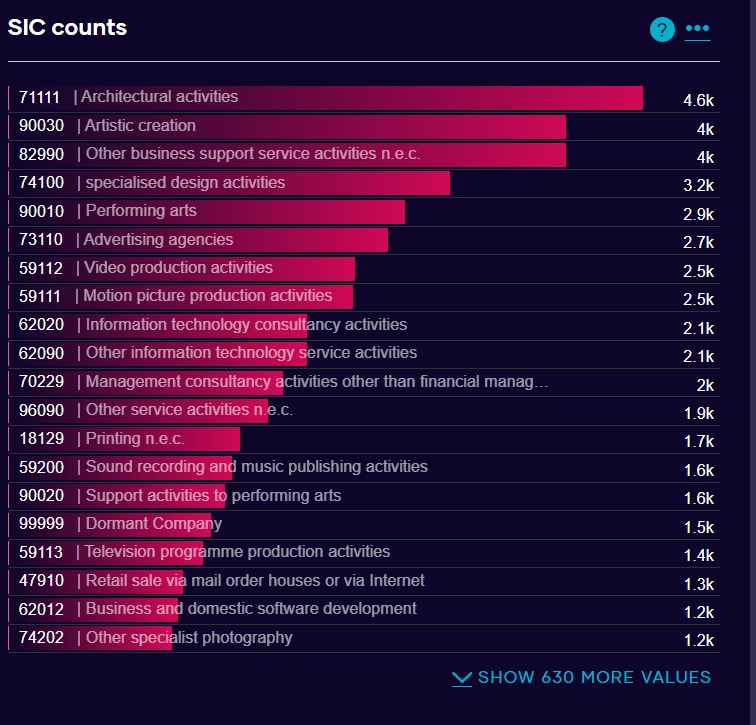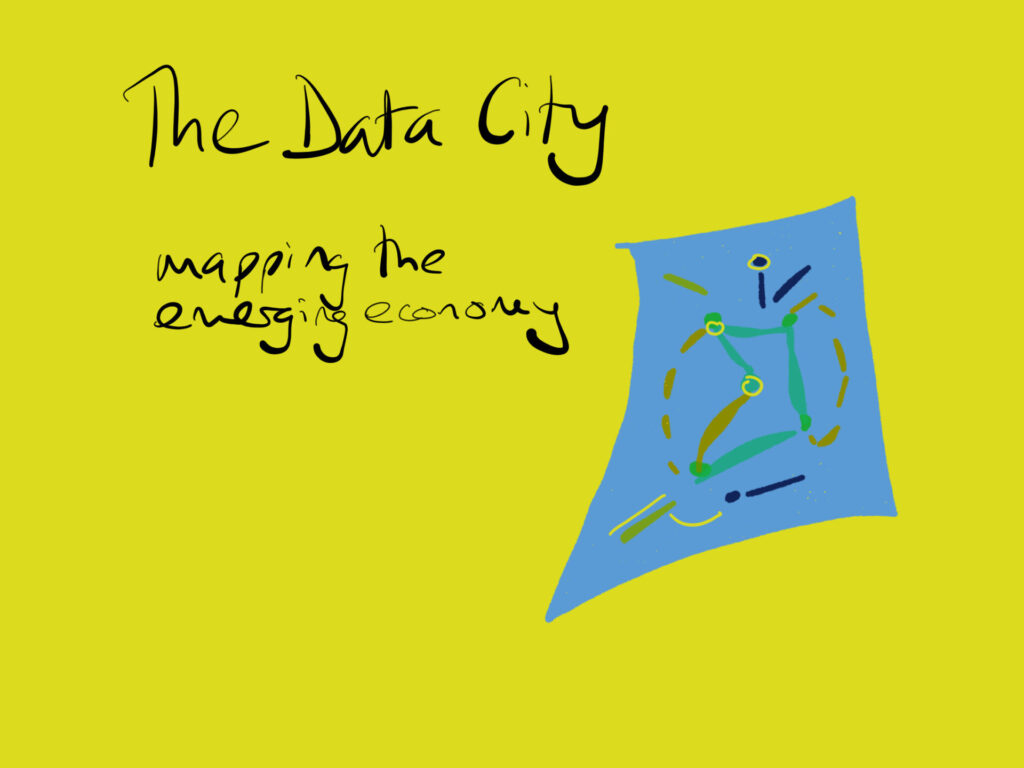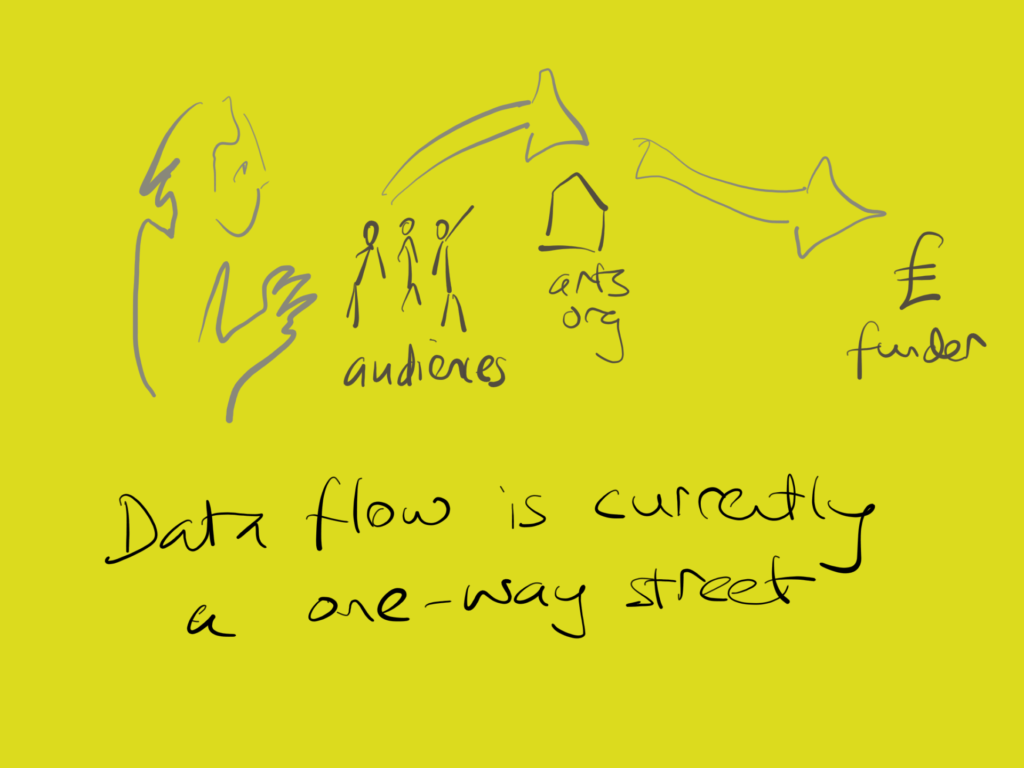The Creative Horizon 5 is a research project in understanding the current development in data classification of creative industries. The project is a partnership between the Creative Informatics, Creative Research and Innovation Centre (CRAIC) and The Data City. The project objective is to work collaboratively with the creative practitioners to understand the current and future challenges in classifying data in the creative sector. The research tries to dig deeper into what data collection/storage processes are and how do they benefit the practitioners and the policy makers in the creative industries.
An alternative methodology
The project tries to move beyond the traditional SIC classification and is in quest to understand the new and novel methods to classify data in the creative sector. The SIC’s have been last updated in 2007 and have been constantly challenged with its inability to capture the emerging and non-traditional sectors. For example, the creative industries classification comprises 69,308 companies that share 700 different SICs. The third highest SIC used is 82990 ‘other business support services activities n.e.c’. These traditional frameworks have proven to be ineffective in representing the creative sector and continue to be a challenge for the creative practitioners.

The Data City’s methodology is in line with moving away from SIC’s and framing an alternative framework. These are what we call RTICs, or Real-Time Industrial Classifications. The use of The Data City’s data, methodology, and technology in this project will reinforce its validity in academic research. The research also helps The Data City to understand the challenges and work on improving the existing methods in data collection and storage.
As a part of this partnership, we mapped the creative industries sector based on the DCMS definition as well as a second one on digital creative industries that moves away from DCMS framework.

Research Workshop and Policy Hack Day
As a part of this project, we also conducted an observational study on understanding the various tools and resources creative practitioners and policy makers use to get the relevant information. The series of interactive workshops with the practitioners and the policy makers initiated the conversation in understanding the barriers towards innovation and data management in creative sectors.
The conversation was further widened by sharing the early findings and discussing in an open forum known as the policy hack day. The session was an opportunity to understand the various perspectives in understanding what data is and challenges they would like to address.
The key takeaways from the session as a data provider include –
- The emphasis on transparency among data providers. It is crucial to be open about the data collection and data storage methods as providers and at the same time understand the data limitations and communicate it accurately.
- The importance of a common data standard allowing comparability for efficient and effective policy making. As Data providers, it is key we move towards collaborating with various other data practitioners to take a step towards achieving a common standard.
- A standardized way to capture freelancers and sole traders like a registered company is quite important and crucial as they are the major players in the creative industries. For The Data City, this has been a constant challenge and as an agile company we are striving and working towards ways to capture them and standardize their information.
- Lastly, answering the question of whether data is a one-way street. The decision-making life cycle traditionally follows a path that creates a linear relationship in the data life cycle. There is a gap between different stakeholders involved in this process and we as data providers should be addressing it to make a policy difference.

Breaking the linearity in Data
The Data City strives to address this challenge using our upcoming white label directory product. This product is an initiative with the High value Manufacturing Catapult in building a directory for the manufacturing companies in UK. It is for the actual players to contribute towards data collection and storage process. Our product with the catapult available for public/private access will encourage key practitioners to be directly involved in managing their information and using it, thereby avoiding any misrepresentation in any form. It is a small step towards change in breaking this linearity in data decision making lifecycle. You can read more about it here
What’s next?
The Data City will be sharing the data points as a blog based on the CIC & RTIC we built for the creative sector. The Creative Informatics will soon be publishing the findings from this research project as a white paper. Do stay tuned for some interesting write ups.
If you would like to keep these conversations going, do get in touch with us.